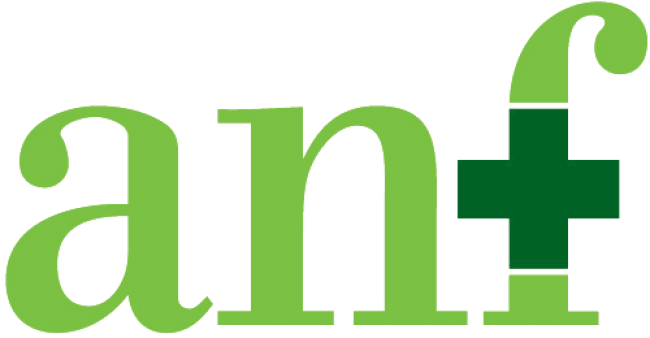
ADVANCED HEALTH EDUCATION

The update of competences and the development of new skills are known to be a great challenge in the health sector.
Type of training
Most professionals acquire and update skills by practicing on-the-job and learning from senior colleagues. Many health care professionals make the investment of taking courses that give them academic degrees, facilitating their career progress, but these carry a financial burden that not all can afford. In most cases physicians need to travel abroad in order to update very specific skills and end up further compressing an already tight personal and professional agenda.
Time constraints
Most professionals do not have much free time due to shifts, emergencies, and work overload. In most cases, all of these different time constraints are taking precedence over training. Training is a factor that further increases dispersion of focus and consumes precious time, becoming a "love-to-have" as well as a "hard-to-get" wish.
Technological and technical development
Other factors also weigh on health professionals’ decision to engage in training. Technology keeps evolving, as does the need for continuous updates. In certain areas and specialties, knowledge of new techniques and technologies is the difference between lagging behind or being at the forefront in one’s field.
Changing roles, multidisciplinary work and integration of care
Professional roles are changing, and tasks traditionally done by a certain group are shifting, becoming the responsibility of others.Borders of the care provided by different specialties are becoming increasingly permeable to the improved ways of providing a more effective care, engaging different partners in an integrated process. There is a need to work in teams that embrace multidisciplinarity, challenging the behavioural skills of professional classes more than ever.
Professional certification
In many countries there is a need for certification of professional competences in clinical positions by state regulation and professional associations. Thus, there is increased pressure to seek updates and develop skills, either existing or new.
Options available
Currently, health professionals who graduate in Europe have a wide number of options to update skills scattered through different medical, nursing and technical schools in a few countries. However, due to travelling, time constraints, or financial sacrifices entailed, only a small amount of professionals benefit from the image and quality attached to the few post-graduate health education institutions with truly pan-European acknowledgement.







